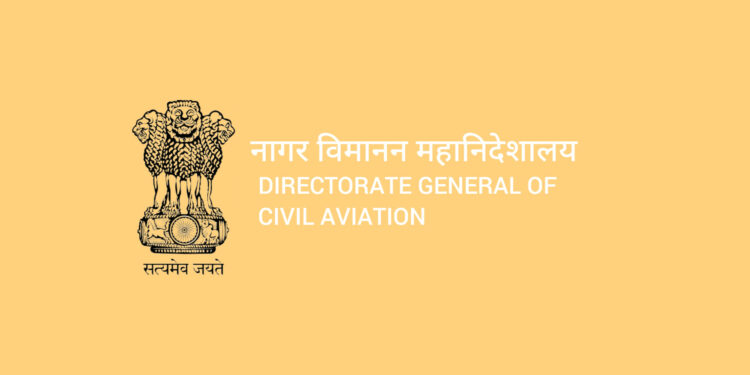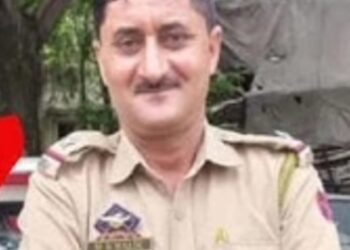“DGCA’s internal inquiry was solely based on telephonic conversations, with no written communication provided to support the findings or conclusions”
K Koushal
In an unprecedented incident within the Indian aviation industry, allegations of a senior pilot using foul language against the Directorate General of Civil Aviation (DGCA) have raised concerns about the transparency and effectiveness of the investigation process, as the DGCA’s committee has reportedly given a verbal “clean chit” to the accused, prompting questions about the credibility of the inquiry.
According to reliable sources within the DGCA, the incident took place during a virtual meeting attended by senior DGCA officers and pilots from private airline companies. During the meeting, one pilot allegedly lost their temper and directed abusive language towards the DGCA.
Sources suggested that Capt Ramesh Krishnan, then representative of DGCA, likely moderating the meeting, made a comment about the pilot’s failure to adhere to required procedures during a flight, leading to an electrical emergency configuration. Another official, inquired about corrective actions. Before Capt Ramesh could respond, Capt CM Edekar’s microphone picked up a comment criticizing a specific exercise, stating that the same has been developed by someone (abuses) in the DGCA without proper aircraft knowledge.
Surprisingly, Capt Ramesh Krishnan, then representative of DGCA, reportedly appreciated the language as a frank assessment, as evidenced in a video obtained by The Typewriter. However, Capt. Sanjay Sudan, when approached for comments, denied any knowledge of the incident and emphasized his adherence to a strict code of ethics.
Capt. CM Edekar, who was accused of using foul language, vehemently denied the allegations and stated that he had already communicated with the DGCA regarding the incident. An internal inquiry was conducted, which found no substantial evidence against him, resulting in the DGCA clearing Capt. Edekar of any wrongdoing.
Sources alleged that the DGCA’s internal inquiry was solely based on telephonic conversations, with no written communication provided to support the findings or conclusions. This lack of documented evidence has raised questions about the adequacy and transparency of the investigation process, casting doubt on the credibility of the inquiry.
Aviation experts and industry professionals have expressed concerns about the potential impact of such incidents on the reputation and professionalism of the DGCA. They emphasized the importance of a thorough and impartial investigation process that upholds the highest standards of accountability and ensures fair treatment for all parties involved.
The Typewriter reached out to several individuals present at the meeting, including Capt Santosh Chaurasia (Indigo), Capt Ramesh Krishnan (DGCA), Capt CM Edekar (Air India), and Capt Sanjay Sudan (Indigo). However, most of them declined to comment on the matter. Capt Edekar affirmed that the DGCA had approached him regarding the incident, but it was eventually closed due to a lack of substantial evidence.
Sources have taken aim at the DGCA’s investigation mechanism, highlighting the failure to identify the accused among almost a dozen members, present and raising concerns about its effectiveness in handling more serious incidents involving a larger number of individuals.
Talking to The Typewriter, Chief Flight Operations Inspector (CFOI) Capt Vivek Chabra expressed his inability to speak over the matter and said that office of Director General, DGCA or Jt.DG (Operations) for official comment.
When contacted Director General, DGCA Vikram Dev Dutt, he was unavailable for comments.
















